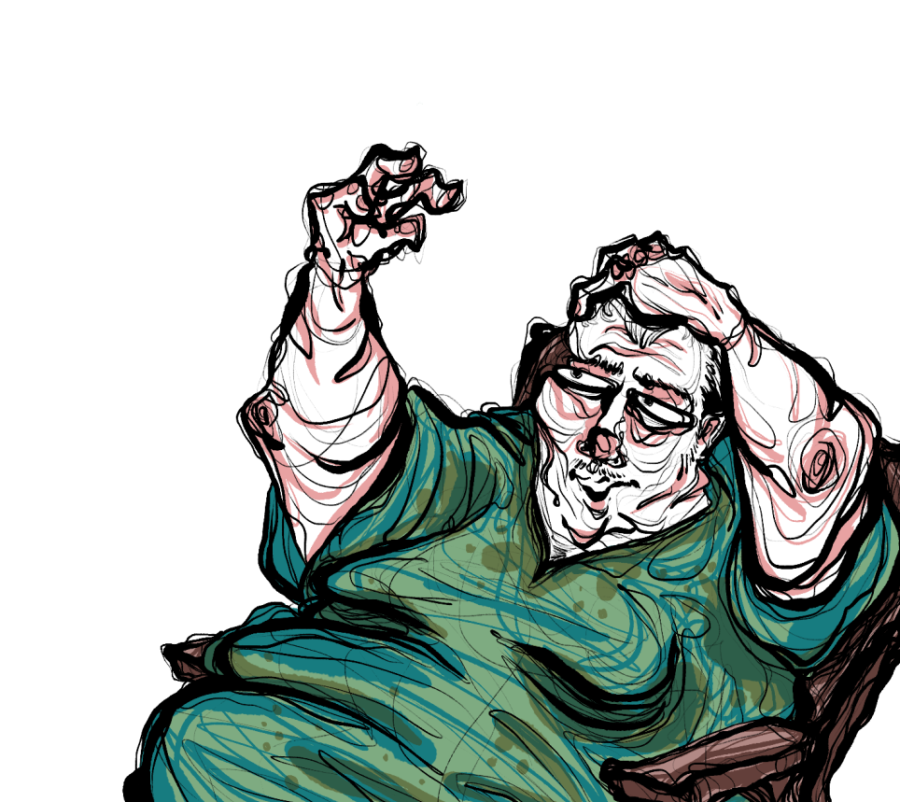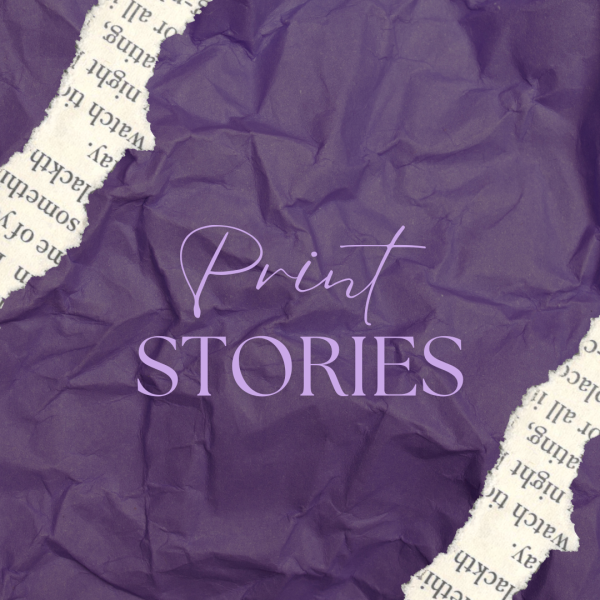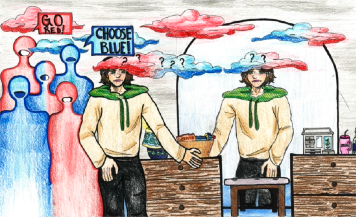The Whale: A chance for redemption
The Whale, written by Samuel D. Hunter and directed by Darren Aronofsky, is a devastatingly tragic film. A psychological thriller and a commentary on the horrors that religion can bring, this movie follows the shameful life of an obese man faced with death.
Brendan Fraser won the Oscar for Best Actor for this movie, defining his comeback as an actor. As he entered the realm of Hollywood once again, he also ended up facing a great deal of backlash for his role in The Whale.
Since the release of the movie, Fraser has been accused of “fatphobia” for wearing a fat suit during the film. The controversy is around the question of whether someone who does not struggle with something can correctly portray someone who does struggle with that particular thing. Despite this, Fraser’s reputation has come out largely unscathed by the public, and his popularity is skyrocketing.
Based on the 2012 play of the same name, The Whale does not shy away from sensitive topics. The main topics that the film addresses are addiction, religious trauma, suicide and abuse. The film follows a morbidly obese online English professor named Charlie (played by Brendan Fraser) who always keeps his camera off during his lessons. The cause of this is his depression, which began after the suicide of his lover many years ago.
We learn from his nurse, Liz (played by Hong Chau), that he is suffering from heart failure. She urges him to go to a hospital or else he may die within days. Meanwhile, a young missionary named Thomas (played by Ty Simpkins) is convinced that God has sent him on a mission to save Charlie’s soul. Charlie does not care about “saving his soul” nearly as much as he cares about talking to his daughter, Ellie (Stranger Things’ Sadie Sink), whom he had left alone with her mother eight years earlier.
The setting of this movie is dreadful. A single room in a house consisting of a living room and a kitchen. We are forced to sit back and watch Charlie struggle from the couch to the fridge, pushing himself only to get more food. This single room is claustrophobic and dingy. You can’t help but feel trapped along with him. He’s not only trapped in his house; he’s trapped in his body more than anything. This disgusting setting intensifies the lonely and hopeless undertones of every situation in the film. He lets every depressive episode he experiences drive him to the kitchen to suppress his feelings. He’s not unhappy because he’s fat; he’s fat because he’s unhappy.
This movie has a great deal of religious ties. The loss of a loved one is collectively shared through all the characters in different ways, but they all end up tying back to the church. The main example of this is Charlie’s loss of his lover, a man named Alan whom he had left his wife for eight years prior. Lost to suicide, his lover wasn’t just battling depression. He was also battling the disapproval of the ones he loved most. Shunned and shamed for his sexuality, he was driven to suicide.
It may seem hard to tie religious trauma back to obesity and heart failure, but the correlation is more than just a convenient connection in the story. This isn’t just a story about an obese gay man; it’s a story about shame. Shame for the way you look, shame for your sexuality, shame for your past and shame for your present. The Whale does an incredible job of highlighting the horrors that can come with blindly following a faith, and it shows the potential catastrophe that can result from pushing someone to their breaking point.
One mistake leads to another, and shame can live with you forever if you let it. The moral is that you may not deserve forgiveness, but everybody deserves honesty.
The movie is not called The Whale just because of the main character’s appearance. The desire for creativity is brought up throughout the film. As an English professor, Charlie pushes his students to do something more with writing. He pushes them to write something “honest.”
At the beginning of the movie, during a heart-related episode Charlie has in his living room, Thomas (the missionary) finds him clutching his heart and reading an essay about Moby Dick. Instead of calling for help, Charlie asks Thomas to read the essay to him. Charlie survives the heart pains, and when asked for an explanation as to why he wanted to hear it so badly, he simply says it was a good essay.
Later on, it is revealed that his daughter wrote it. He considers it the most honest essay he has ever read. In the end, all Charlie ever wanted was honesty. Even when he messed up his life beyond repair, he showed that his ability to be truthful with himself and admit that there was no going back to what once was is what brought him peace in the end.

Name: Dane Coyne
Position: Cartoon Manager
Graduation year: 2024
A few sentences about me: Hi, I’m Dane. I like...







